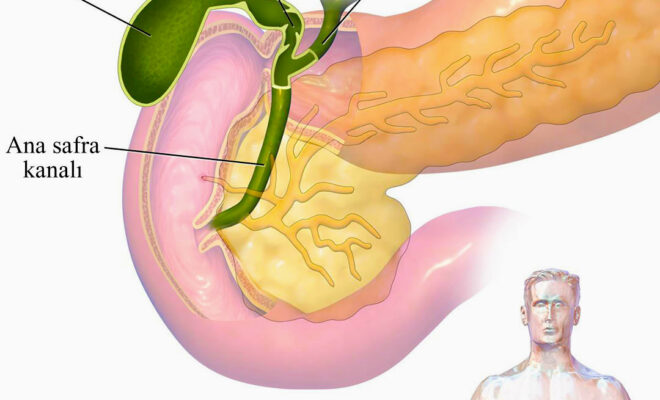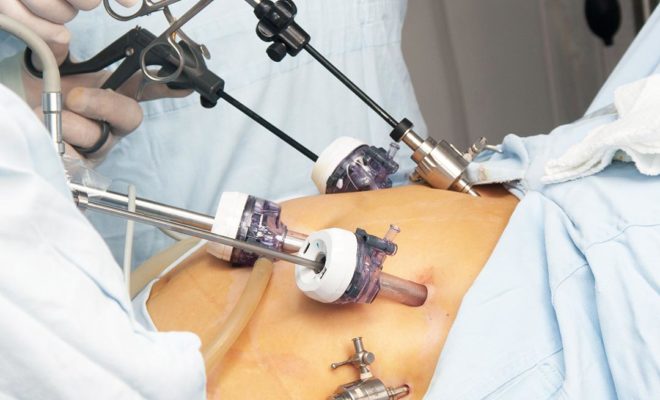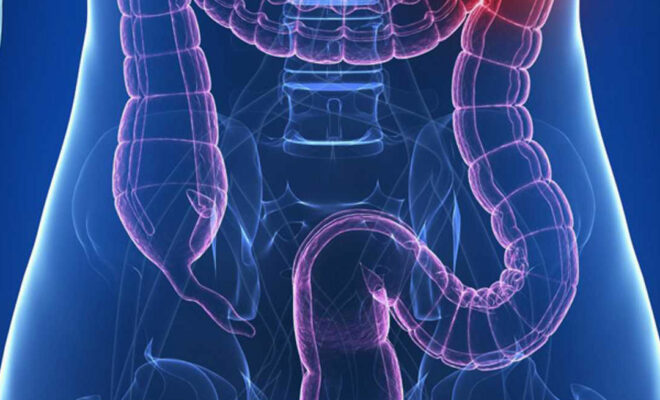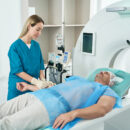Stomach Pain – When to See a Doctor?
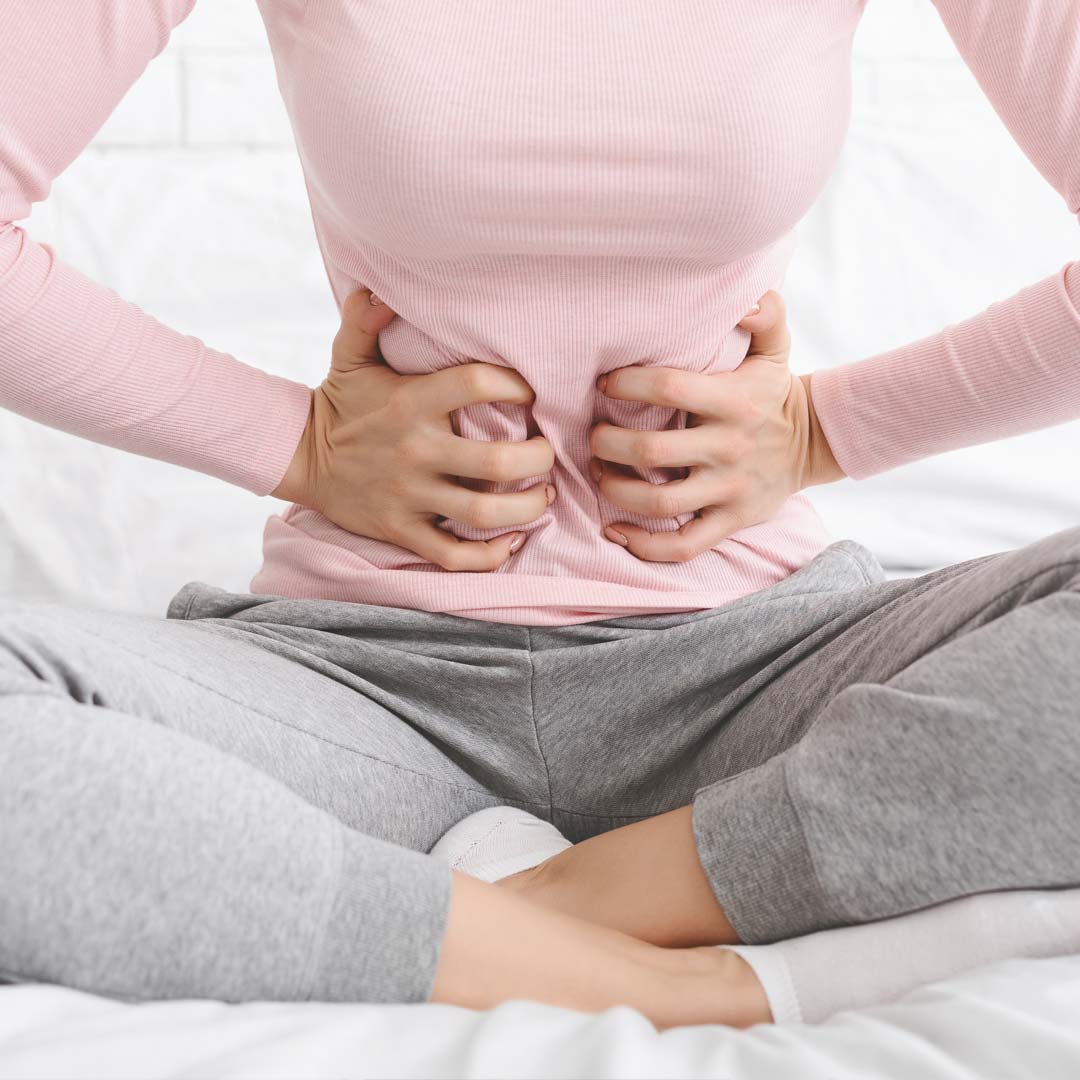
Definition
Stomach pain is a common problem that can occur at any age. Since most of them are mild, short-term and temporary, they are not given much importance by patients. Initially, there are complaints such as heartburn, burning, bloating and indigestion, which are defined as dyspepsia and occur in the upper abdomen. However, if the underlying cause is not eliminated, it may cause serious problems in the long term, such as sudden and severe abdominal pain and back pain. Wrong eating habits, excessive smoking and alcohol use, excessive caffeine consumption and stress are the main causes.
Causes of stomach ache
- Excessive and unhealthy diet
- Excessive tobacco, alcohol and coffee consumption
- Stress
- Diseases such as gastritis, reflux or ulcers
- Viral-bacterial infections
- some food allergies
- Drug use (especially containing painkillers and steroids)
- Gastric cancer
- Bile reflux into the stomach
Stomach ache Symptoms
- Souring and burning
- Swelling
- Nausea and vomiting
- Burping
- Loss of appetite
- bloody vomit
- Acid accumulation in the throat and bad breath (especially in those with reflux disease)
When to consult a doctor?
Short-term and mild stomach pains usually get better by correcting eating habits. However, long-lasting and severe stomach pain may be a sign of serious underlying problems.
- Pain that persists despite improving eating habits
- Pain that lasts more than six hours and becomes increasingly severe
- Nausea and vomiting with pain
- Pain that worsens after eating
- Pain that wakes you up at night
- Loss of appetite and weight loss
- Reflux symptoms such as bitter water in the mouth and a cough that wakes you up at night
- bloody vomit
- In cases of extreme sensitivity in the stomach area, a specialist doctor should be consulted.
The most common mistake made by patients They try to provide temporary relief by using anti-acid and stomach protector drugs sold over-the-counter in pharmacies without consulting a doctor. This behavior can temporarily hide serious underlying causes (gastritis, ulcer, tumor, cancer, etc.) and cause the disease to progress. Therefore, it should not be forgotten that long-lasting stomach pain may be a symptom of serious underlying diseases.
Diagnosis
Diagnosis begins with the patient's history. The presence of underlying factors such as chronic diseases, medication use, family history of illness and stress is questioned. The type of pain, its duration, how frequent it is, how long it lasts and the presence of other accompanying symptoms are important. Then, the type of pain is tried to be determined by physical examination. Diagnosis is usually made through history and physical examination, but if your doctor deems it necessary blood tests, endoscopy and ultrasound Further examinations such as may be performed.
The Role of Endoscopy in Diagnosis: Endoscopy is the gold standard imaging method for patients presenting with stomach disorders. In this method, the inner surface of the mouth, esophagus, stomach and the first part of the small intestine can be examined in detail and, if necessary, a biopsy can be taken for diagnostic purposes. A large number of stomach-related diseases can be diagnosed and some diseases can be treated simultaneously.
Treatment
Most diseases that can cause stomach pain can be easily treated with changes in eating habits and short-term medication treatments. However, longer-term treatments are required for diseases such as serious gastritis and ulcers. Planned surgical methods are used in the treatment of reflux and stomach cancer, but in emergency cases such as ulcer bleeding and perforation, patients must be hospitalized immediately for endoscopic or surgical treatment.
How to protect yourself from stomach ache and related diseases?
- Gaining a healthy and balanced eating habit
- Avoiding foods that are difficult to digest
- Reducing stomach acid exposure by avoiding long-term fasting
- Planning meals correctly
- Regular exercise and sports
- Quitting habits such as smoking and alcohol
- Avoid excessive caffeine consumption
- Avoiding the use of heavy medications if possible
- People who have to use excessive and heavy medications should also use stomach protective medication.
Last word
All of this information is not personal opinion, but has been obtained from publications and books based on current scientific data. This article has been prepared only to provide preliminary information by reducing medical information and data to a simple form that our patients from all walks of life can understand. Therefore, it is not appropriate to make a decision on your own, based on this information, without consulting your physician. You need to meet with the relevant physician to get clear information about your condition, to clear your questions and, if necessary, to determine what your treatment will be like.
Op. Dr. Cemal SEYHUN
General surgery specialist
Contact Us For Appointment:
Telephone line: 0392 444 3548 (ELIT)
Contact Form: https://www.elitenicosia.com/iletisim/



